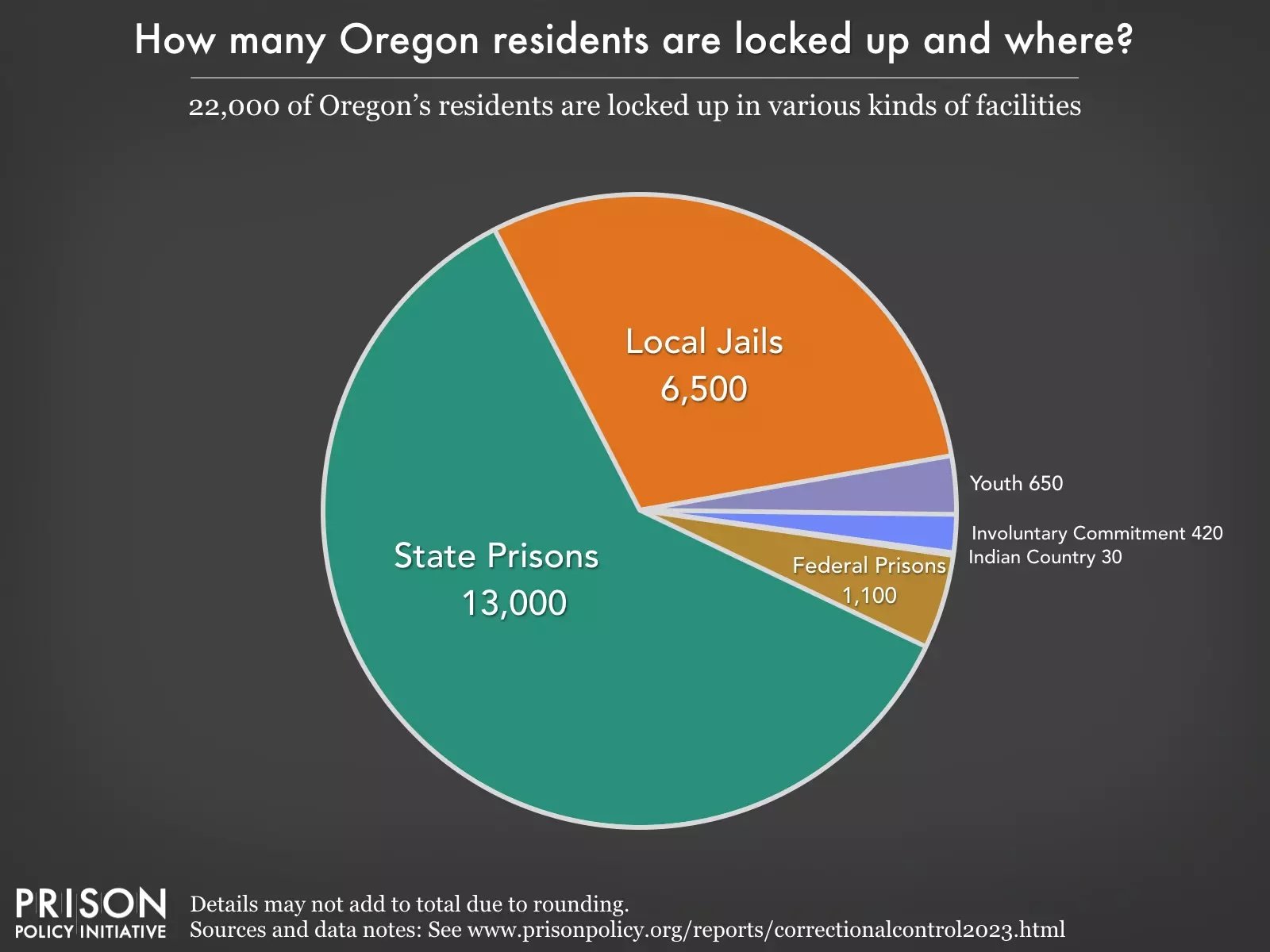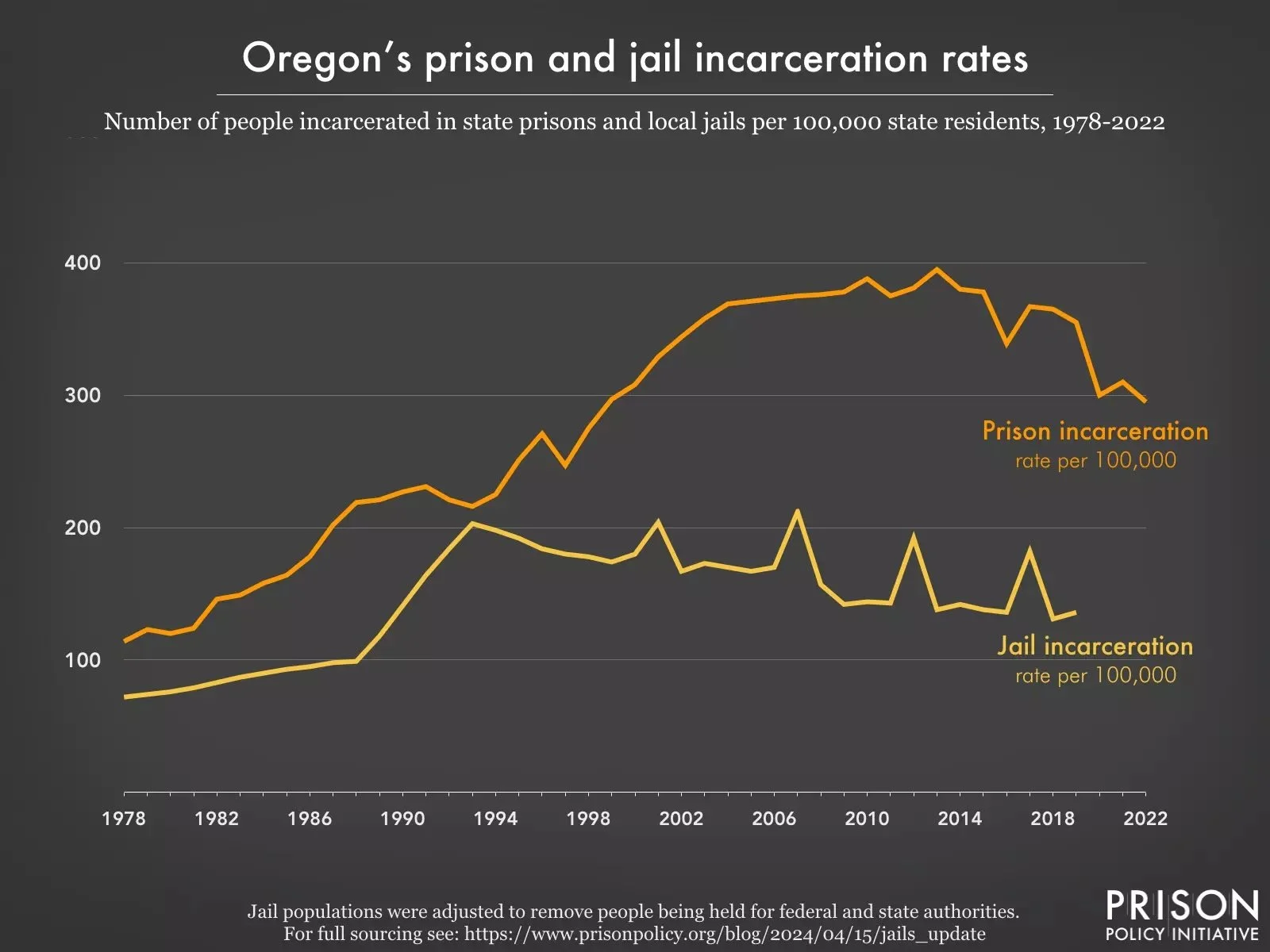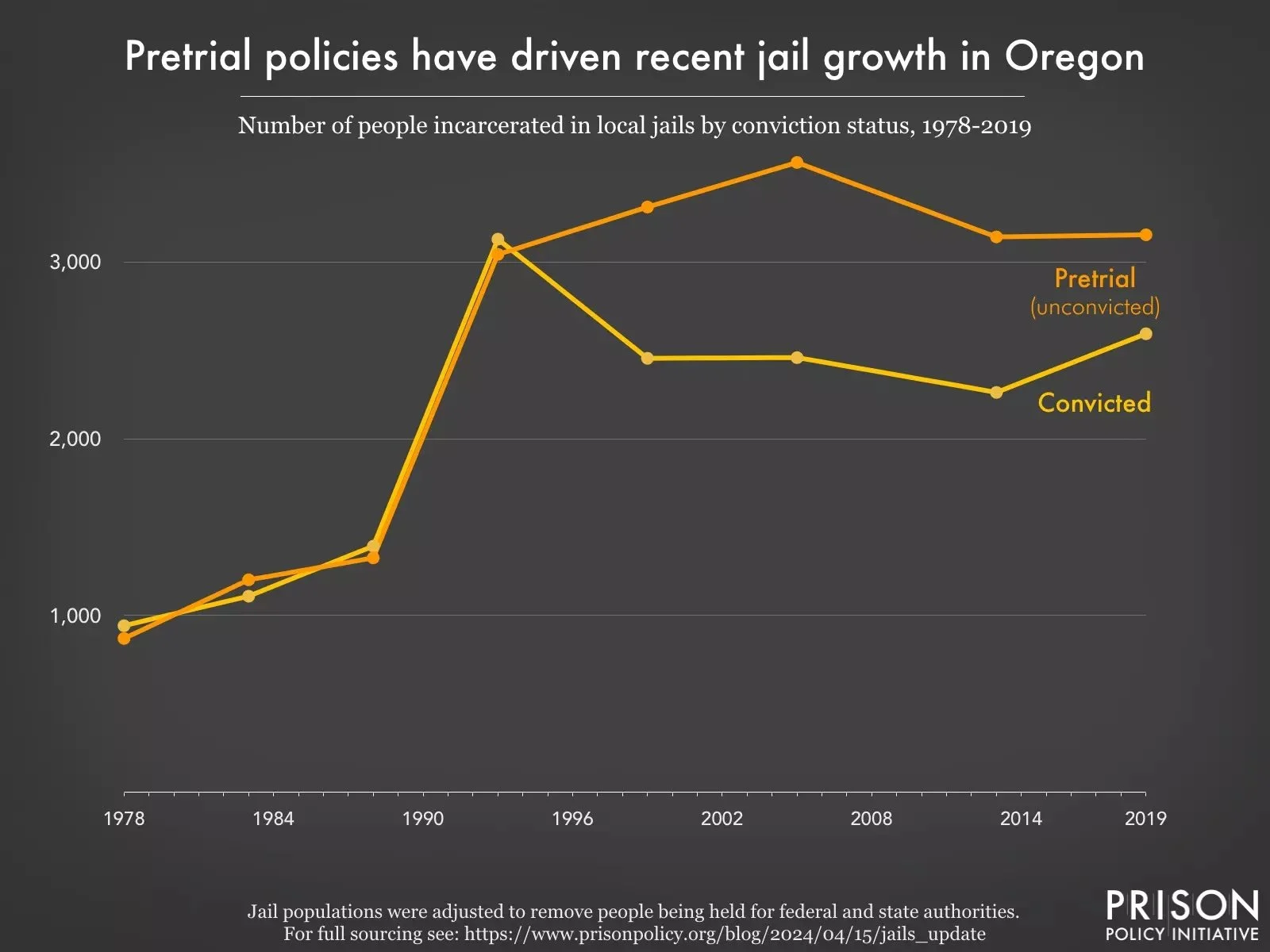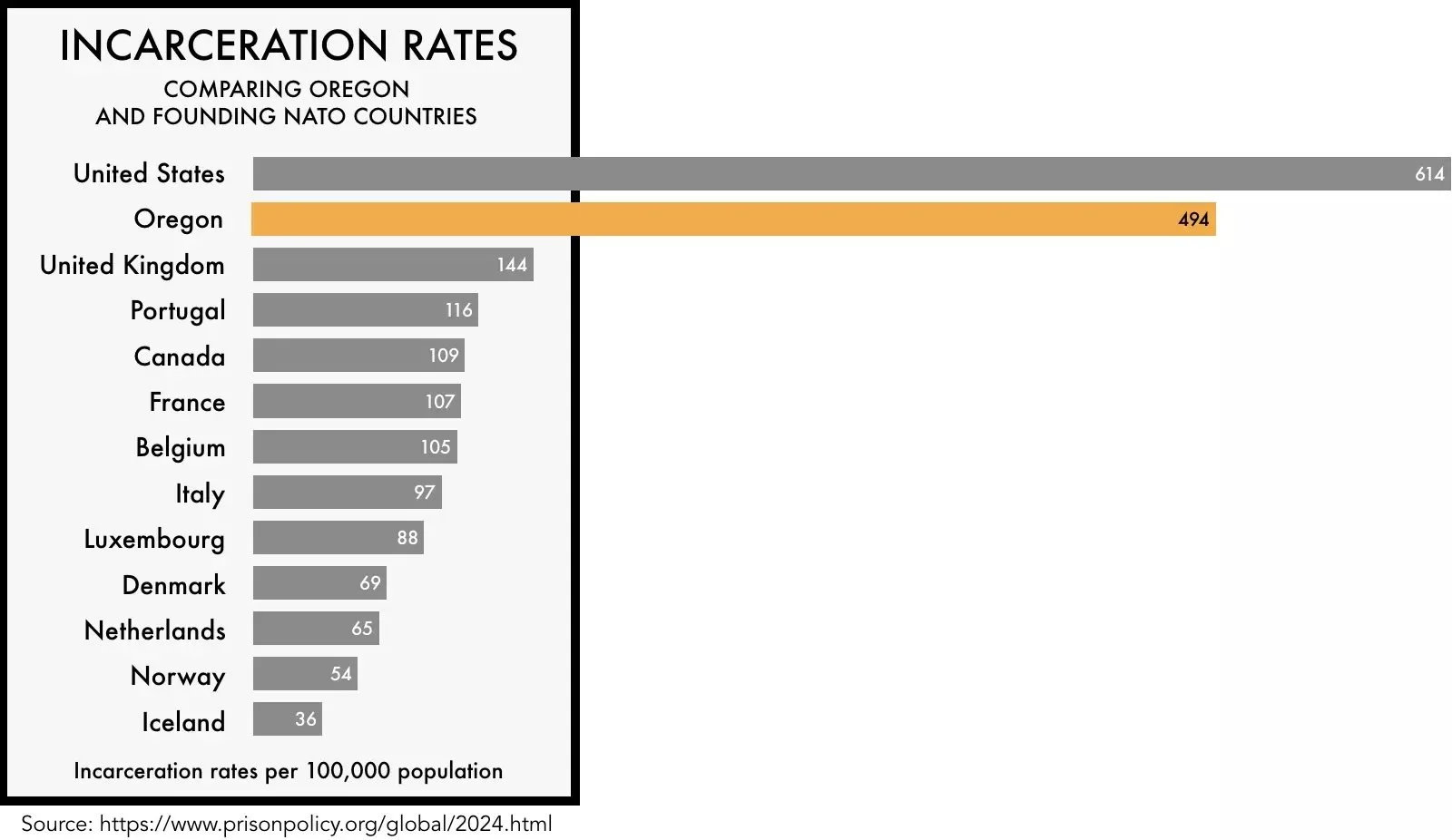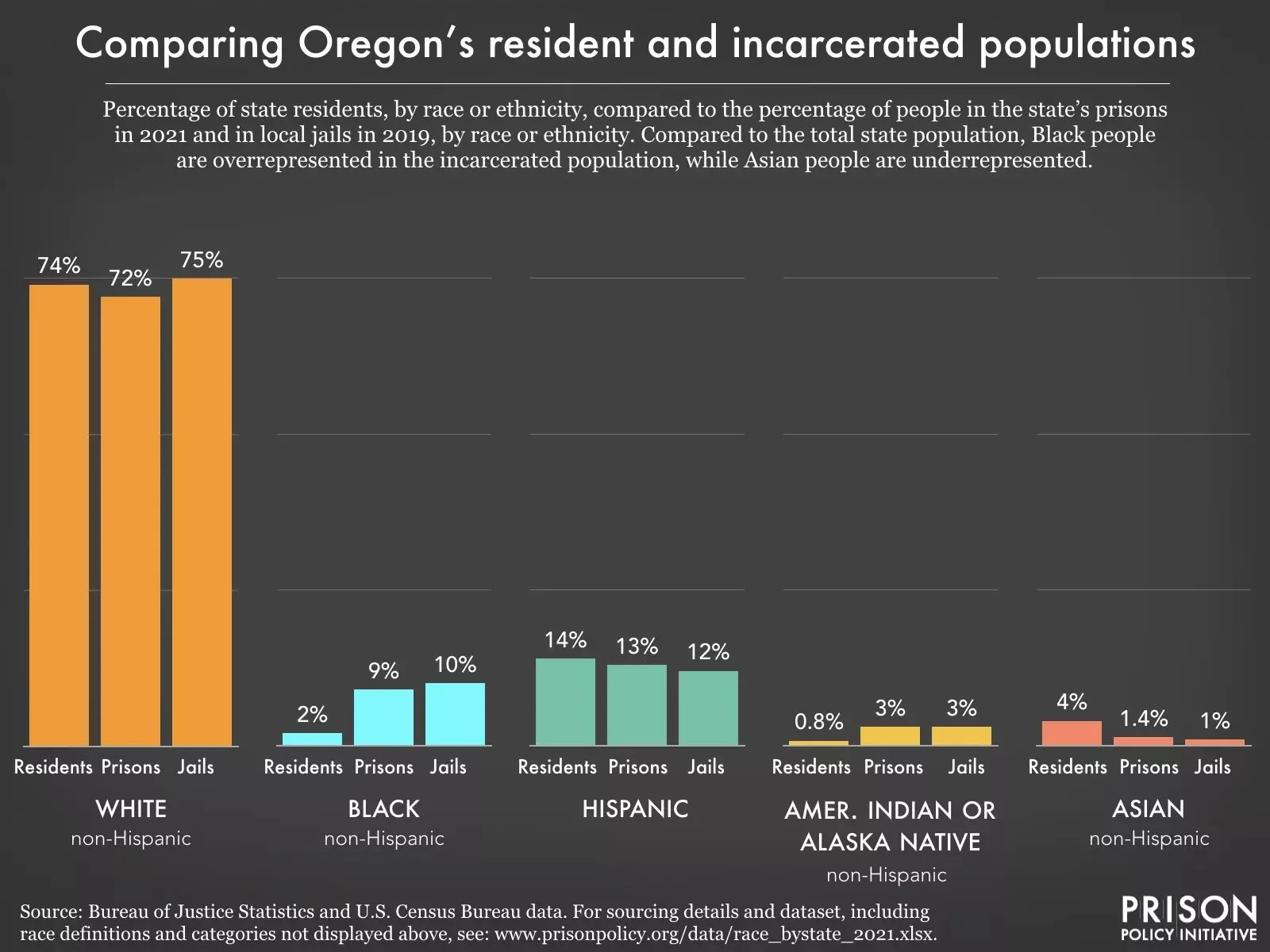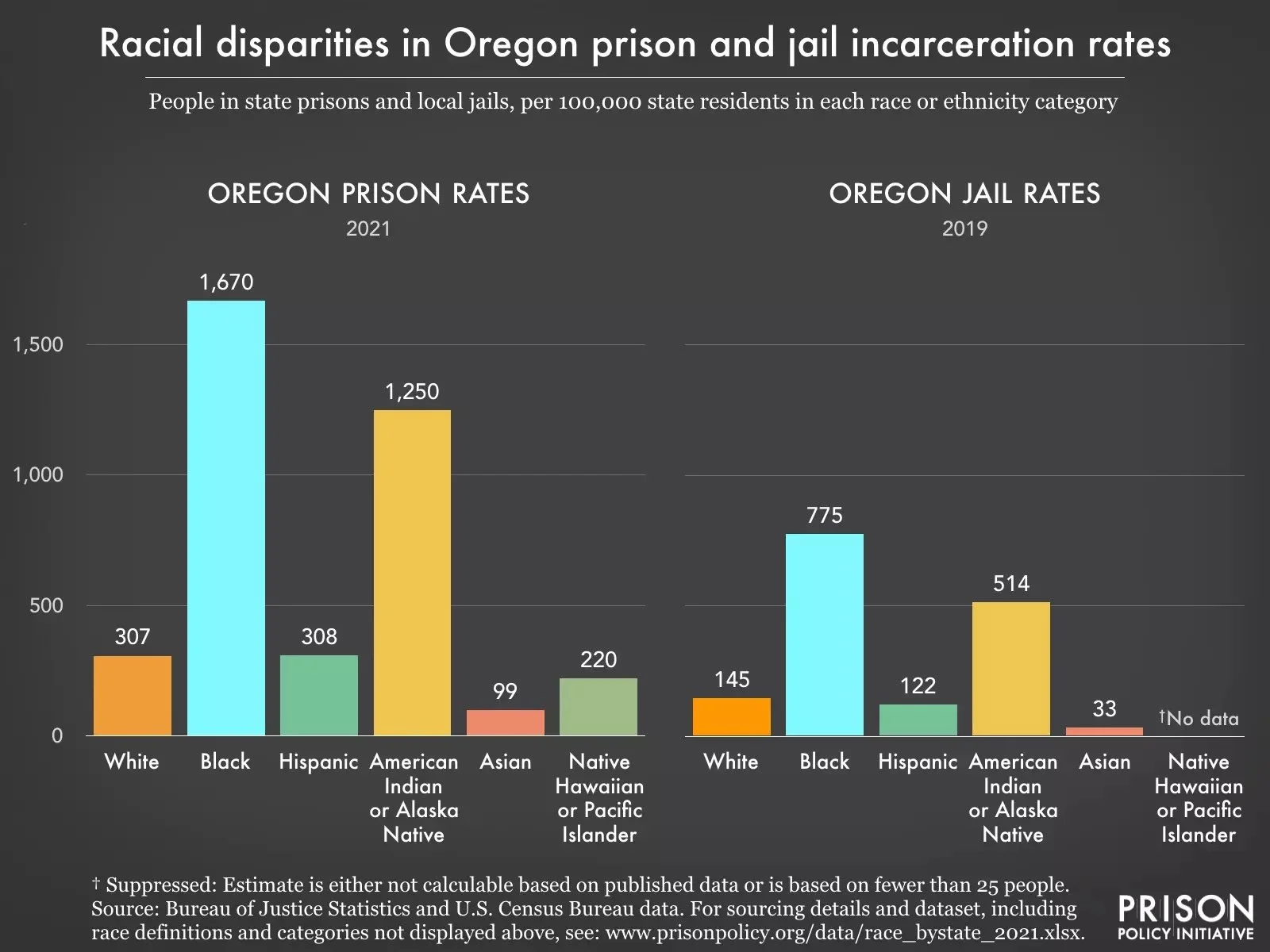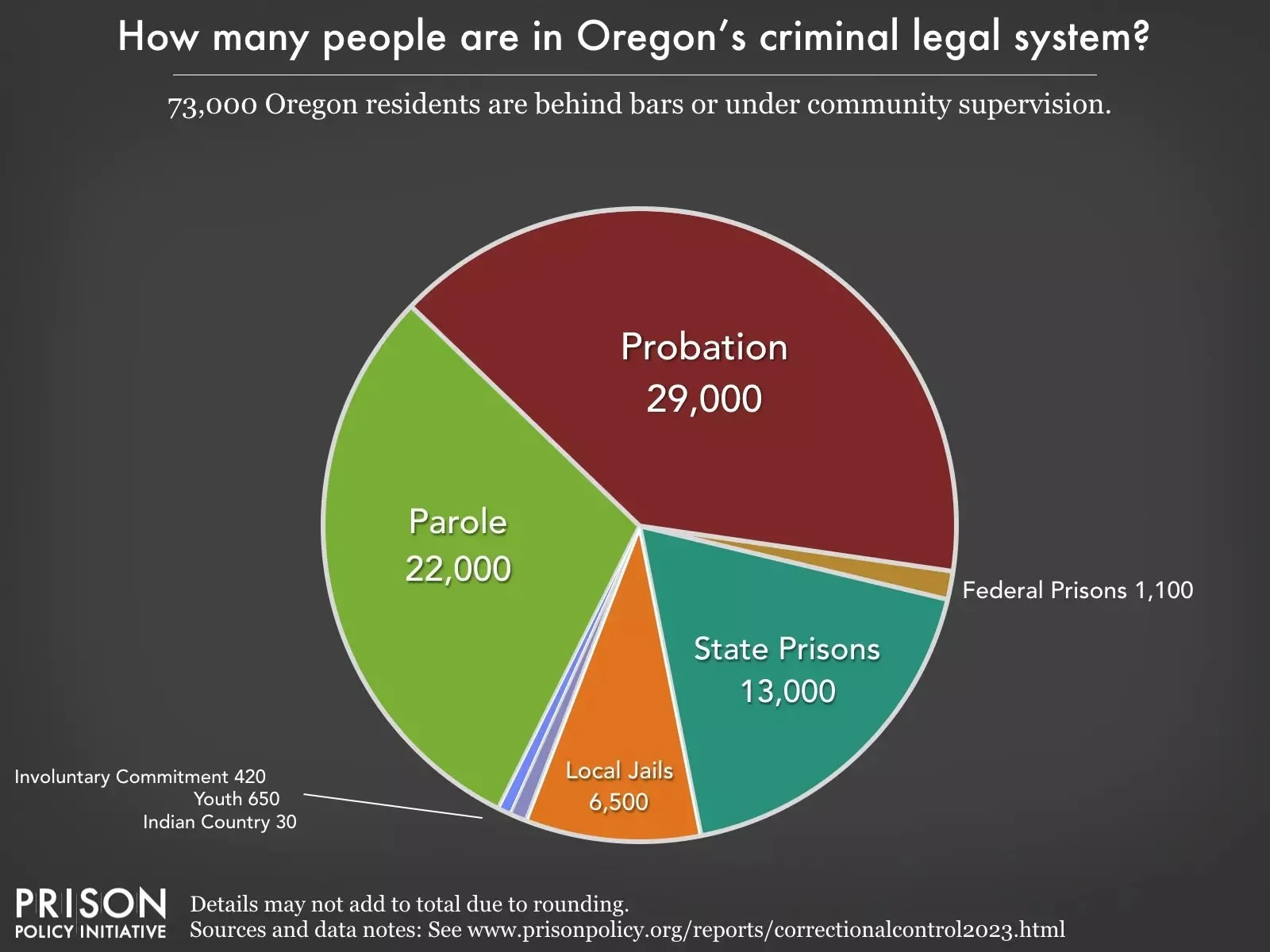2024 Reimagining Public Safety Debate and Conversation Series
Join Imagine Black for a series of intimate and powerful debates and discussions featuring the 2024 City of Portland candidates. This series brings together candidates running for various positions across Portland to discuss the future of public safety, a topic that impacts every Portlander.
In this essential debate and conversation series, we dive deep into how these candidates envision public safety in Portland. By watching, you’ll gain critical insight into their policies and proposals, helping you make informed decisions as a voter. You’ll also see how these candidates respond to the unique needs of Black Portlanders, with an opportunity to hold them accountable to the community’s demands.
This series unapologetically centers Black issues and is designed to serve the entire Black Portland community, especially those who feel disconnected from politics. While this debate is not an endorsement of any candidate, it’s a powerful tool to understand where they stand on issues that matter most.
Watch the trailer to get started, and watch the full recordings to stay informed and empowered for this election.
Accessibility
Open captions in English are available for all videos, and ASL interpretation will be added soon.
Candidates
Mayoral Candidates: Carmen Rubio, Durrell Kinsey Bey
District 1 Candidates: Candace Avalos, Timur Ender
District 2 Candidate: Sameer Kanal
District 3 Candidates: Angelita Morillo, Steve Novick
District 4 Candidates: Andra Vltavin, Mitch Green
Conversation with City of Portland Mayoral Candidate Commissioner Carmen Rubio.
Learn more about Carmen Rubio’s campaign here.
Conversation with City of Portland Mayoral Candidate Durrell Kinsey Bey.
Learn more about Durrell Kinsey Bey’s campaign here.
Conversation with City of Portland District 2 Candidate
Learn more about Sameer Kanal’s campaign here.
RESOURCES
We encourage viewers to explore the additional resources linked below to further inform their understanding of key topics, including the history of over-policing in Oregon’s Black communities, the prison industrial complex, and the recent Supreme Court rulings on homelessness and public spaces.
-
Years of data debunk persistent narrative of a recent Portland ‘crime wave’.
Despite pervasive police narratives and shocking statements from officials, Portland’s post-2020 ‘crime wave’ is exaggerated.
Source: K. Rambo and Jeremiah Hayden, Street Roots
Date: Aug 21 2024
Link: streetroots.org/news/2024/08/21/portland-crime-data-part-1
-
Despite the data, public perception of Portland crime largely impacted by media.
Experts say media coverage of crime and implicit biases create conditions under which the public believes a false narrative.
Source: K. Rambo and Jeremiah Hayden, Street Roots
Date: Aug 21 2024
Link: streetroots.org/news/2024/08/21/portland-media-s-depiction-crime-impacts-public-perception
-
Increased police budget and staffing does not prove to decrease crime.
Proponents of proactive policing argue more police means less crime, but skeptics — and data — paint a more complex picture.
Source: K. Rambo and Jeremiah Hayden, Street Roots
Date: Aug 21 2024
Link: streetroots.org/news/2024/08/21/increased-police-budget-and-staffing-does-not-prove-decrease-crime
-
Mass Incarceration: The Whole Pie 2024
This report offers some much-needed clarity by piecing together the data about this country’s disparate systems of confinement. It provides a detailed look at where and why people are locked up in the U.S., and dispels some common myths about mass incarceration to focus attention on overlooked issues that urgently require reform.
Source: By Wendy Sawyer and Peter Wagner, Prison Policy Initiative
Date: March 14, 2024
-
Incarceration Trends in Oregon
This report offers some much-needed clarity by piecing together the data about this country’s disparate systems of confinement. It provides a detailed look at where and why people are locked up in the U.S., and dispels some common myths about mass incarceration to focus attention on overlooked issues that urgently require reform.
Source: Vera Institute of Justice
-
Portland Mayor Ted Wheeler on the city’s homeless camping ban
In May, the Portland City Council approved an ordinance that would allow homeless people who camp on public property and reject offers of shelter to be fined up to $100 or sentenced to up to seven days in jail. That ordinance went into effect at the beginning of July, but was put on hold because of extreme heat. At the same time, the U.S. Supreme Court ruled that cities have the right to penalize people for living outside. Then a few weeks ago Portland police made their first arrest under the new rule, but county deputies at the Multnomah County Detention Center refused to process the man. Portland Mayor Ted Wheeler joins us to talk about how the city is addressing unsanctioned camping.
Source: Sage Van Wing (OPB)
Date: Aug. 8 2024
Link: opb.org/article/2024/08/07/ted-wheeler-homeless-camping-ban-tol
-
People on probation in Oregon are saddled with onerous rules and conditions they must follow every day or risk incarceration.
With an incarceration rate of 494 per 100,000 residents, Oregon locks up a higher percentage of its people than almost any democratic country on earth.
Prisons in Oregon force incarcerated people and their families — some of the most vulnerable members of society — to subsidize mass incarceration.
55% of people in Oregon jails have not been convicted of a crime, meaning they're legally innocent. There are simple steps the state can take to reduce this number. Why isn't it?
Oregon releases roughly 143,640 men and 45,181 women from its prisons and jails each year. What is it doing to support them upon reentry?
In Oregon prisons, breaking certain rules can come with fines of $25-$200 that take months of work to pay off
Black people in Oregon are incarcerated at a rate 5.4 times higher than white people.
Oregon's choice to criminalize "failure to appear" may be hurting public safety
The cost of incarcerating older people is incredibly high, and their risk of reincarceration is incredibly low, yet 15% of people in Oregon prisons are over the age of 55. Why is the state keeping so many older people locked up?
Other resources
Research on Oregon in our Research Library
Ending prison gerrymandering in Oregon campaign and resource page
CREDITS
Moderator: Joy Alise Davis
Executive Producer: Joy Alise Davis
Producer: Samuel Kidoguchi
Director of Photography: Mar Copeland
Gaffer: Samuel Kidoguchi
Camera Operators: Cheng Lee, Kairo B. Oliver, Gerard Davis
Sound Recordist: Edgar Gocobachi Doumerc
Aerial Photography: Ajit Singh
Set Designer: Joy Alise Davis
Editor: Mar Copeland
Motion Graphic Designer: Iana Amauba
Motion Graphics Sound Designer: Lucas DeLorenzo
Public Relations: EARLY PR
Captioning and Transcription Services: Rev.com
ASL Services: Janelle P Smith
Voice Over Talent: Laine Kelly
Film Location: Merchant Hotel
With Special thanks to Hafsa Aden, Miniya Ali, Mar Copeland, Danita Harris, Quintin Kinnard, Anna-Gaelle Marshall, Keith Tervalon, Miss'ipi Chef LLC, Native American Youth and Family Center
Music provided by Three Cord Bond” by Propaganda, and by Track Club by Marmoset: “Not Like The Other” by Gxldxn Fxnch, “Isle of Mull” by Ghillie Dhu. “Portland Sunrise” by Gxldxn Fxnch, and “When The Feeling's Right” by Gxldxn Fxnch
